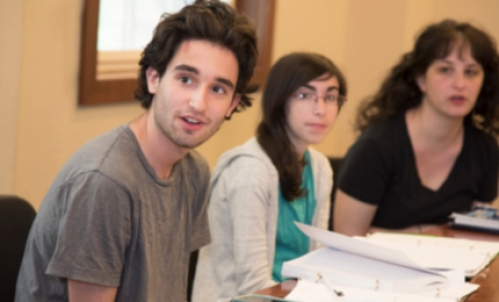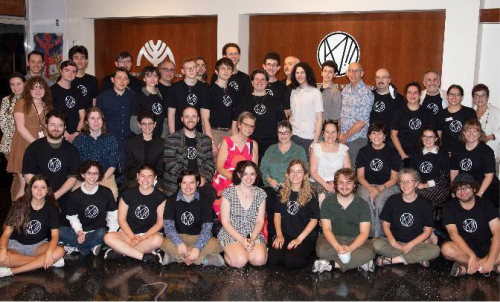Please check back for the 2026 faculty listing.
2025 Faculty
LANGUAGE & LITERATURE CLASSES
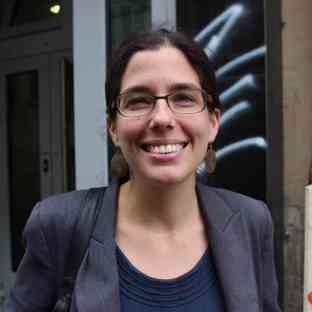
|
Sharon Bar-Kochva works as a Yiddish teacher and a librarian in the Paris Yiddish Center, where she is also head of the pedagogical team. She has been teaching Yiddish in various levels worldwide since 2004, both in academic and non-academic frameworks. She received her PhD from Inalco University in Paris on the topic of Pseudonymes of Yiddish and Hebrew writers. |
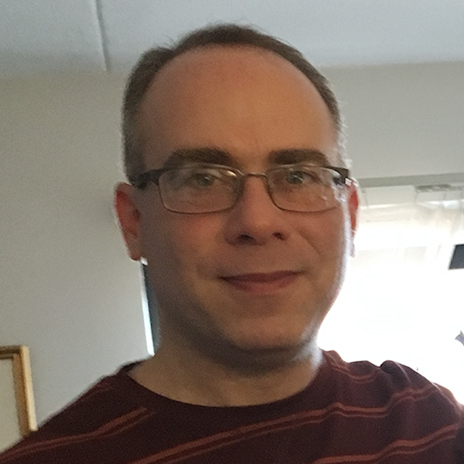
|
Dovid (David) Braun has taught all levels of Yiddish language at YIVO's intensive summer program since 1990 at Columbia University and New York University. He initiated and taught in the intensive summer programs of the Yiddish Book Center (Amherst, MA) and Jewish Historical Institute (Warsaw, Poland). He has taught Yiddish language, Yiddish linguistics, and/or general linguistics as a faculty member of Harvard University, University of Pennsylvania, and the Hebrew University of Jerusalem, and he regularly participates in varied research projects involving Yiddish language and culture. He serves as co-president of the Sholem Aleichem Cultural Center (Bronx, NY) which is now the only NYC area venue where public Yiddish cultural events are held on a regular basis. |
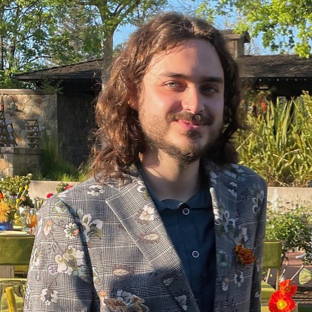
|
Andryusha Kuznetsov is a teacher, translator, and artist living in Brooklyn, New York. He received his BA in Russian, Yiddish, and French literatures from UC Berkeley and has previously taught Yiddish in the San Francisco Bay Area. |
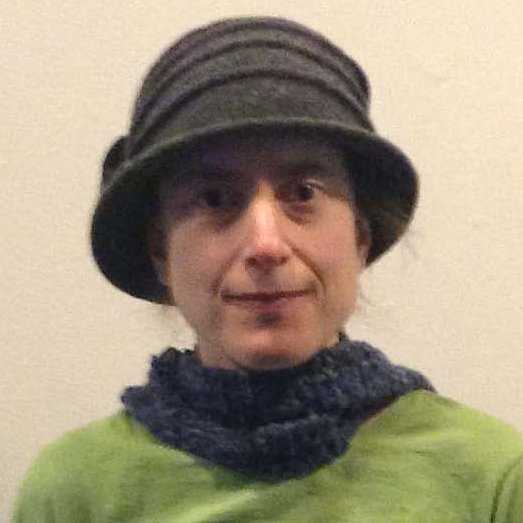
|
Beatrice (Brukhe) Lang has been teaching Yiddish language and culture for over 25 years. She holds a doctorate in Yiddish studies from Columbia University and is currently the Yiddish language program director at Johns Hopkins University. In addition, she is a writer and editor for the online Yiddish language program YiddishPOP. Ever since her purchase, as a graduate student, of a set of Sholem Aleichem’s Ale verk, she has benefited tremendously from the Yiddish Book Center's many resources for students and teachers of Yiddish. She speaks Yiddish with her children. |
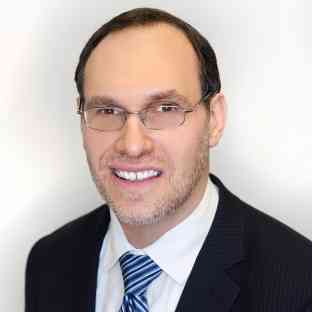
|
Nokhem (Nachum) Lerner was raised in a Yiddish-loving home in Miami Beach, Florida. He studied Yiddish language and literature at Bar Ilan University, the YIVO Summer Program (at Columbia University), and the University of Pennsylvania. In addition, he holds an MA in modern Jewish history and literature from the Jewish Theological Seminary. He has taught Yiddish at the Workers Circle/Arbeter-Ring, Makor, the 92nd Street Y, and Yeshiva University, and since 2010, has been instructor of Yiddish language at JTS. |
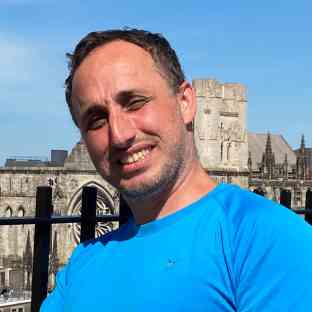
|
Dr. Adi Mahalel is a Visiting Assistant Professor of Yiddish Studies at the University of Maryland. He received his doctoral degree in Yiddish Studies from Columbia University. His book, The Radical Isaac: I. L. Peretz and the Rise of Jewish Socialism, was published by SUNY Press in 2023. Adi’s areas of interest include modern Hebrew and Yiddish literatures, Jewish cultures in modern times, and the crossroads between culture and politics. He has published articles and translations on these subjects in multiple languages, and has taught in various institutions. |
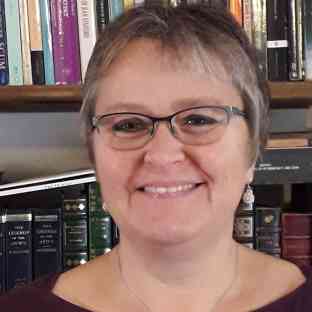
|
Vera Szabó was born and raised in Budapest, Hungary. She holds an M.A. in Yiddish Studies from Columbia University as well as an M.A. in English and German Studies from ELTE University, Budapest. She has taught Yiddish language, literature and folklore at various universities in the US (University of Michigan, Stanford, the University of Washington) and in Israel (Ben-Gurion University of the Negev) as well as in various intensive summer programs (NYU/YIVO, Vilna, and Tel Aviv University.) She currently teaches various levels of Yiddish at Beth Shalom Aleichem. Vera also translates literary and non-literary texts from Yiddish and Hungarian into English. Her research interest is Yiddish folklore. A certified yoga teacher, Vera has been teaching yoga in Yiddish for the past five years in Jerusalem, where she resides. More information on her website: www.verele.com |
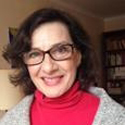
|
Perl (Paula) Teitelbaum was born and raised in a Yiddish-speaking home in post-war Wroclaw. After immigrating to the United States in 1967, Paula became actively involved in New York City’s Yiddish-speaking circles. During her professional career Paula has taught Yiddish as well as Spanish and English to Speakers of Other Languages (ESL) in a variety of settings, including college, and pre-K through high school and adult education classes. Using her TESOL background Paula has applied some of the most successful teaching methods into her Yiddish classes. |
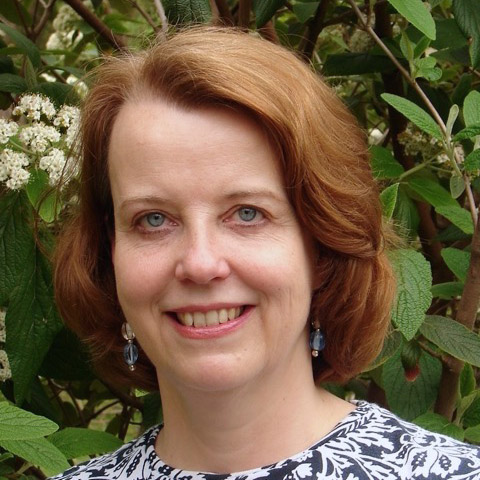
|
Nina Warnke currently teaches online Yiddish language courses for Gratz College. She was born and raised in Germany, where she started to learn Yiddish before studying in the Oxford Summer Program and receiving her Ph.D. in Yiddish Studies from Columbia University. During that time she directed the YIVO zumer program for a few years. Since then Nina taught Yiddish language, literature and culture courses at Indiana University, the University of Texas at Austin and Vanderbilt University. She has researched and written extensively about the Yiddish theater and is also working as a translator of Yiddish and German texts. |
SEMINARS & ELECTIVES
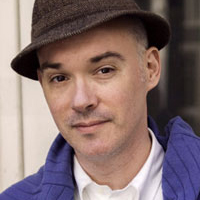
|
Shane Baker, himself a graduate of the Weinreich Summer Program, is a Yiddish activist, actor and translator. His Yiddish translation of Waiting for Godot for the New Yiddish Rep, in which he also played Vladimir, has played Off-Broadway and internationally to critical acclaim. As director of the Congress for Jewish Culture, Baker has published numerous Yiddish books and journals and produced innumerable Yiddish events. He is pleased to be able to share with upcoming generations of Yidishistn. |
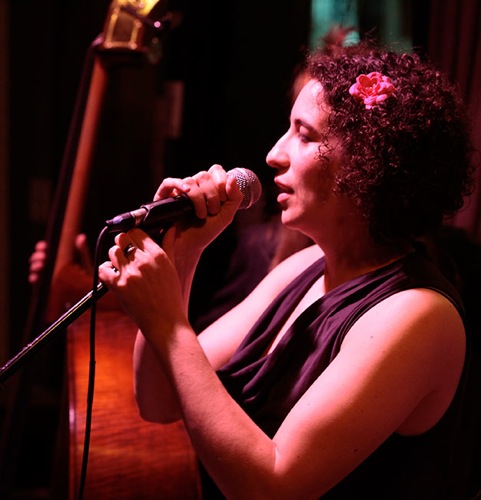
|
Eléonore Biezunski is a Parisian singer/violinist now living in NYC. An avid collector of Yiddish music, she co-founded and is a member of Ephemeral Birds, Yerushe, Lyubtshe, Shpilkes, Shtetl Stompers and Klezmographers and has collaborated with a large number of well-known Jewish performers here and abroad. Her recordings include Yerushe (IEMJ, 2016) and Zol zayn (2014). As YIVO’s Associate Sound Archivist, Eléonore is the Project Coordinator for the Ruth Rubin Legacy online exhibition. She is a PhD candidate at the École des Hautes Etudes en Sciences Sociales in Paris and is a recipient of a NYSCA Folk Arts Apprenticeship. www.eleonorebiezunski.com |
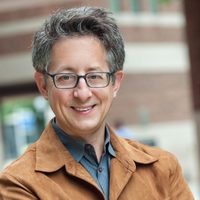
|
Marc Caplan is a native of Louisiana and a graduate of Yale University. In 2003 he earned his Ph.D. in comparative literature from New York University. Since then he has held professorial appointments at Indiana University, Johns Hopkins University, Yale, the University of Wroclaw (Poland), and Dartmouth College, as well as research fellowships at the University of Pennsylvania, Harvard University, the Universität Konstanz (Germany), the Center for Jewish History (New York), and the University of Michigan (Ann Arbor). In 2011 he published How Strange the Change: Language, Temporality, and Narrative Form in Peripheral Modernisms—a comparison of Yiddish and African literatures—with Stanford University Press. His second book, Yiddish Writers in Weimar Berlin: A Fugitive Modernism, was published by Indiana University Press in 2021. Currently he is a senior lecturer in Yiddish literature for the Heinrich-Heine University in Düsseldorf, Germany. |
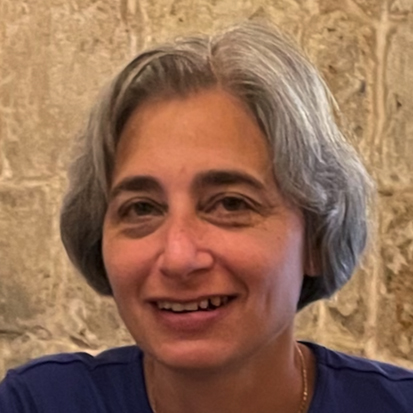
|
Cecile E. Kuznitz is Associate Professor and Patricia Ross Weis '52 Chair in Jewish History and Culture at Bard College. She is the author of YIVO and The Making of Modern Jewish Culture: Scholarship for the Yiddish Nation. She has recently held the Lady Davis Fellow at the Hebrew University of Jerusalem and the Ruth Meltzer fellowship at the Katz Center for Advanced Judaic Studies, University of Pennsylvania. |
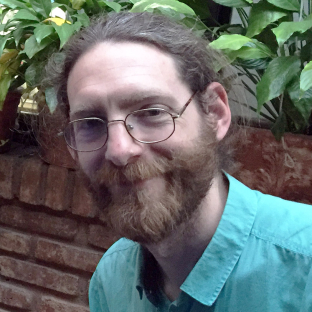
|
Eliezer Niborski was born in Buenos Aires to a secular Yiddish speaking family and grew up in Paris, where he entered the Yiddish cultural circles linked to the Medem Library. Alongside higher studies in mathematics, he started teaching Yiddish in his youth and participated in various Yiddish lexicographical and bibliographical projects. He has taught Yiddish in Tel Aviv, Jerusalem, Vilna, Baltimore and New York and is currently involved in the preparation of a new Yiddish־Hebrew dictionary. |
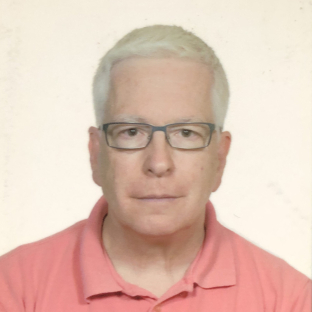
|
Eugene Orenstein taught Modern Jewish History for 39 years in the Department of Jewish Studies at McGill University with particular emphasis on the Jewish labor and socialist movement in Eastern Europe and North America and the development of modern Yiddish culture. He is an author of numerous publications including bio-bibliographical studies in Der leksikon fun der nayer yidisher literatur (“Biographical Dictionary of Modern Yiddish Literature”). Eugene has been teaching Yiddish at various intensive Summer Programs including YIVO and Tel-Aviv. |
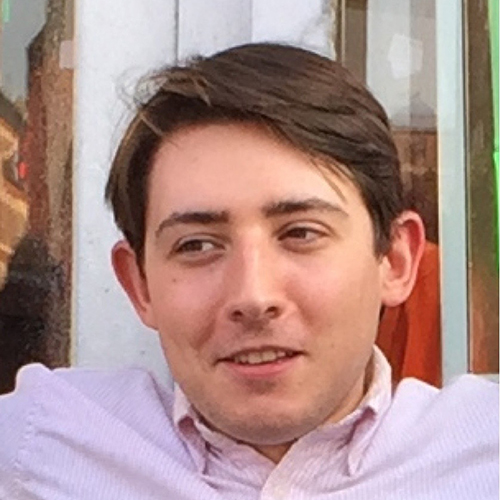
|
Joshua Price is a Senior Lector in Yiddish at Yale. He received his Ph.D. in Yiddish Studies at Columbia University (2020), with a dissertation on the translation of world literature into Yiddish in the late 19th and early 20th centuries. His work has appeared in In geveb, Jews and Slavs, and Afn shvel. He is currently at work on a study of Yiddish and/as world literature for the forthcoming edited volume Cambridge History of Yiddish Literature. |
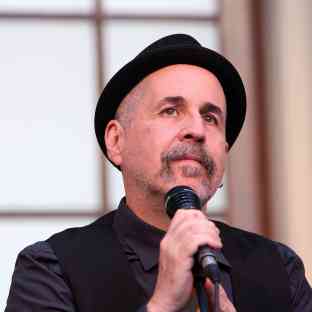
Berry |
Lorin Sklamberg is a founding member of the Grammy Award-winning Klezmatics. He has also appeared on recordings and in live shows with Itzhak Perlman, Chava Alberstein and Emmylou Harris, among many others, and teaches Yiddish song from São Paulo to St. Petersburg. Ongoing: Saints and Tzadiks (Irish and Yiddish songs with Susan McKeown), the Semer Ensemble (Jewish music from 1930s Berlin), Alpen Klezmer (Bavarian and Yiddish songs), Drawing Life (multi-media song cycle, JMI, London), Sklamberg and the Shepherds, In the Fiddler’s House and the Nigunim Trio. Lorin serves as YIVO’s Sound Archivist. “One of the premier American singers in any genre.” – Robert Christgau |
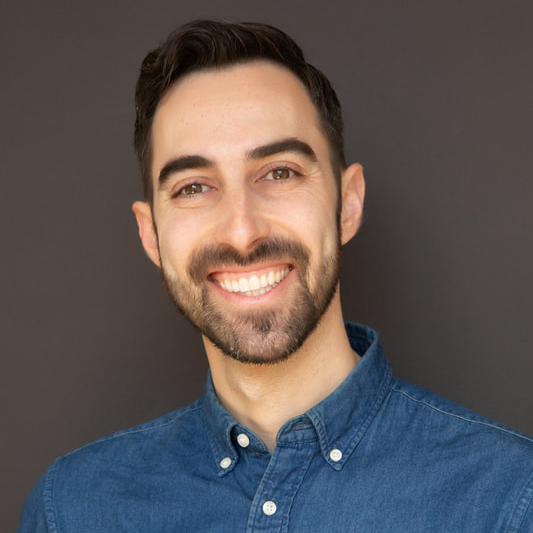
|
Jeffrey Yoskowitz is the co-founder of The Gefilteria and co-author of The Gefilte Manifesto: New Recipes for Old World Jewish Foods. Jeffrey speaks to audiences around the world as an entrepreneur, a writer, a cook and a pickler. His writings on food and culture appear in major publications, such as The New York Times, The Atlantic, The Forward, among others. In 2014, he was invited as a guest chef at the James Beard House kitchen and was named to both Forbes Magazine’s 30 under 30 list for Food and Wine and the Forward 50. He lives in Brooklyn, NY. |
